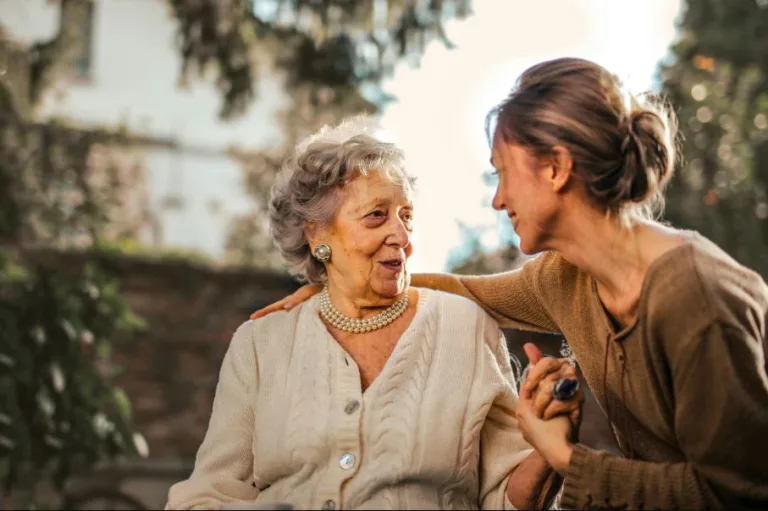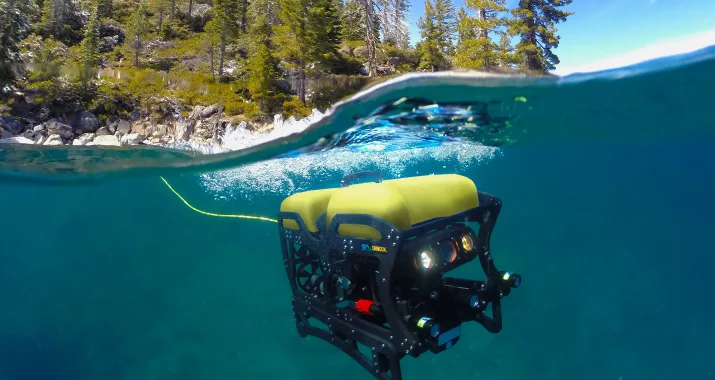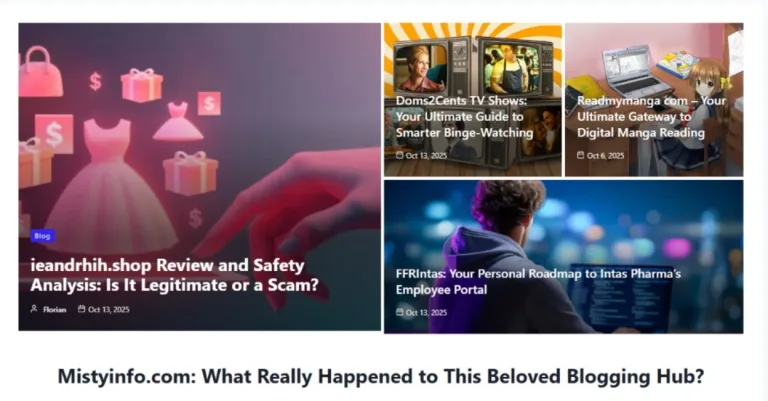Passenger vs. Driver vs. Third Party: Who’s Liable in a Lyft Accident?
Chain-reaction stops on Highway 99, a sudden left on Ming, a distracted lane change on Truxtun—Lyft crashes in Bakersfield rarely fit a neat, two-car script. Liability often involves the passenger’s injuries, the Lyft driver’s conduct, another driver’s mistakes, and sometimes a company or public entity in the background. Here’s a clear, practical breakdown from a Bakersfield Lyft accident lawyer on who can be held responsible and how to position your claim for full value.
Who can be at fault in a Lyft accident?
Liability follows fault. If the Lyft driver caused the collision, claims typically run through rideshare coverage for that trip. If a third-party motorist caused it, their auto liability insurance is first in line. Because California uses pure comparative negligence, fault can be split among multiple actors—and your recovery adjusts by those percentages. A seasoned Bakersfield Lyft accident attorney focuses on proving who broke which safety rule, when, and how that caused your injuries.
If you were the passenger in Lyft
Passengers usually have the cleanest path to compensation because they weren’t controlling a vehicle. The key is app status at the moment of impact:
- Ride accepted / passenger onboard: Lyft’s commercial policy is typically primarily for injuries caused by the Lyft driver, and robust uninsured/underinsured motorist (UM/UIM) protection may help if a third party with low limits caused the crash.
- Driver online but waiting: Lower rideshare limits may apply alongside the driver’s personal policy.
- App off: Treated like any other crash; the at-fault driver’s personal auto policy applies.
A Lyft accident lawyer in Bakersfield will request trip logs right away to anchor the correct coverage and avoid finger-pointing delays.
If you were the Lyft driver
When another motorist hits you, their liability coverage is primary. If they flee or carry minimal insurance, the rideshare UM/UIM layer can fill gaps during an active trip. If you’re alleged to be at fault, coverage depends on app status—personal policy if off-app, rideshare coverage once online. Independent of fault, drivers may also have access to occupational accident benefits (medical/disability) tied to platform rules.
If you were in another car (not Lyft)
Fault still controls. If a Lyft driver cut across lanes or rear-ended you, you’ll pursue the Lyft driver’s applicable coverage for the active period. If the Lyft driver was online & waiting, expect lower limits than when they’re en route or carrying a passenger. Your own UM/UIM and MedPay can also protect you—many claimants overlook these safety nets.
Third parties who can share liability
Some crashes aren’t just about drivers:
- Commercial employers: A delivery van or truck that set off the chain reaction brings corporate coverage and responsibility.
- Road contractors / public entities: Misplaced cones, missing signage, or dangerous road conditions can create public-entity exposure (with shorter notice deadlines).
- Vehicle or component manufacturers: Brake, tire, or airbag failures can add a products claim—data and inspections are critical.
A Bakersfield rideshare accident lawyer will identify every potential defendant so your recovery isn’t limited by one low-limit policy.
App status = insurance layers
Rideshare cases rise and fall on what the driver was doing in the app:
- App OFF: Only the personal auto policy applies.
- Online & waiting: Contingent/primary rideshare coverage at lower limits.
- Ride accepted / passenger onboard: Higher, trip-specific commercial limits are typically primary; passengers often benefit from strong UM/UIM during the ride.
Your attorney will secure trip timestamps and, when available, telematics to prove the correct period—this is how you unlock the right policy fast.
Comparative negligence: splitting the pie
California’s pure comparative negligence means each party pays their share. If a jury values your injuries at $300,000 but assigns a third-party driver 80% fault and the Lyft driver 20%, the insurers pay those slices. Even if you’re alleged to share a small percentage (rare for passengers), you can still recover the rest.
The evidence playbook that decides liability
Liability is an evidence game, not a storytelling contest. Strong files share these traits:
- Trip data: Driver online status, accept time, route, pickup/drop timestamps.
- Neutral video: Stores, buses, residences, dashcams—OC/Kern footage often overwrites within days.
- Vehicle data: Event Data Recorder (EDR) and telematics (speed, throttle, braking) seconds before impact.
- Scene documentation: Lane lines, signals, cone patterns, debris field, contact points.
- Independent witnesses: Names plus one-sentence summaries while memory is fresh.
- Medical clarity: Care within 24–72 hours, objective findings (ROM limits, spasm, neuro signs), consistent follow-ups, and simple outcome measures that turn symptoms into data.
A trial-ready Bakersfield Lyft accident lawyer will package these pieces so claim teams see what a jury would see.
Common myths that shrink Bakersfield Lyft claims
“Rideshare means $1M automatically.”
Not always. It depends on app status and state-specific rules.
“Minimal car damage = minor injury.”
Modern bumpers hide energy; bodies don’t. We focus on delta-V, seat/head position, and objective medical findings—not body-shop totals.
“The police report decides fault.”
Helpful but not definitive. Supplemental statements, video, and data often correct missed details.
“I must sue Lyft to recover.”
Often unnecessary. Many claims resolve fully through rideshare and third-party insurers without naming the platform; adding Lyft can be strategic if company policies contributed to risk.
What to do in the first 72 hours (Kern County practical)
- Get medical care today or tomorrow. Concussion and spine symptoms often bloom overnight. Ask providers to record objective findings and functional limits (sitting tolerance, screen intolerance, lifting limits).
- Screenshot the ride (driver, plate, route, timestamps) and report it in-app to anchor the period.
- Photograph the scene—wide and close—plus seat/headrest settings and your visible injuries.
- Collect two witnesses with one-line summaries.
- Note nearby cameras (gas stations, plazas, apartment gates) and tell your lawyer—video overwrites fast.
- Avoid recorded statements until you’ve spoken with counsel; let your attorney handle communications.
FAQs a Bakersfield Lyft accident attorney hears every week
Do passengers ever share fault?
Rarely, unless a passenger interfered with the driver. In typical collisions, liability rests with motorists and, at times, companies or public entities.
What if a hit-and-run caused the wreck?
During an active trip, the rideshare UM/UIM layer often protects passengers. Your own UM/UIM can also help, even if you were a passenger.
Will arbitration apply to my claim?
It can for riders, depending on app terms. With strong evidence, arbitration can move faster than court. Your lawyer will choose the forum that protects speed and value.
How long will this take?
Meaningful negotiations begin after medical stability or a credible future-care plan. If carriers stall, filing suit (or compelling arbitration) creates real deadlines.
How Bojat Law Group proves liability in Lyft crashes
- Locks down proof fast: trip logs, EDR/telematics, 911/CAD, and camera footage before it overwrites.
- Builds medical credibility: objective exams, consistent notes, and clear provider narratives that connect crash mechanics to injuries.
- Maps every coverage layer: at-fault driver, rideshare period-based coverage, your UM/UIM and MedPay, and any commercial/umbrella policies.
- Presents a trial-ready demand: concise, audit-friendly evidence that moves offers up—sooner.
Talk to a Bakersfield Lyft Accident Lawyer at Bojat Law Group
Don’t let insurers play hot potato with your claim. Bojat Law Group gathers the data, video, and medicine that fix liability where it belongs and unlocks the right insurance—quickly. Speak with a Bakersfield Lyft accident lawyer, Lyft accident attorney in Bakersfield, or Bakersfield rideshare accident lawyer who knows how to win these cases.
Free consultation. No Win No Fee. Call (818) 877-4878 or contact Bojat Law Group today.




